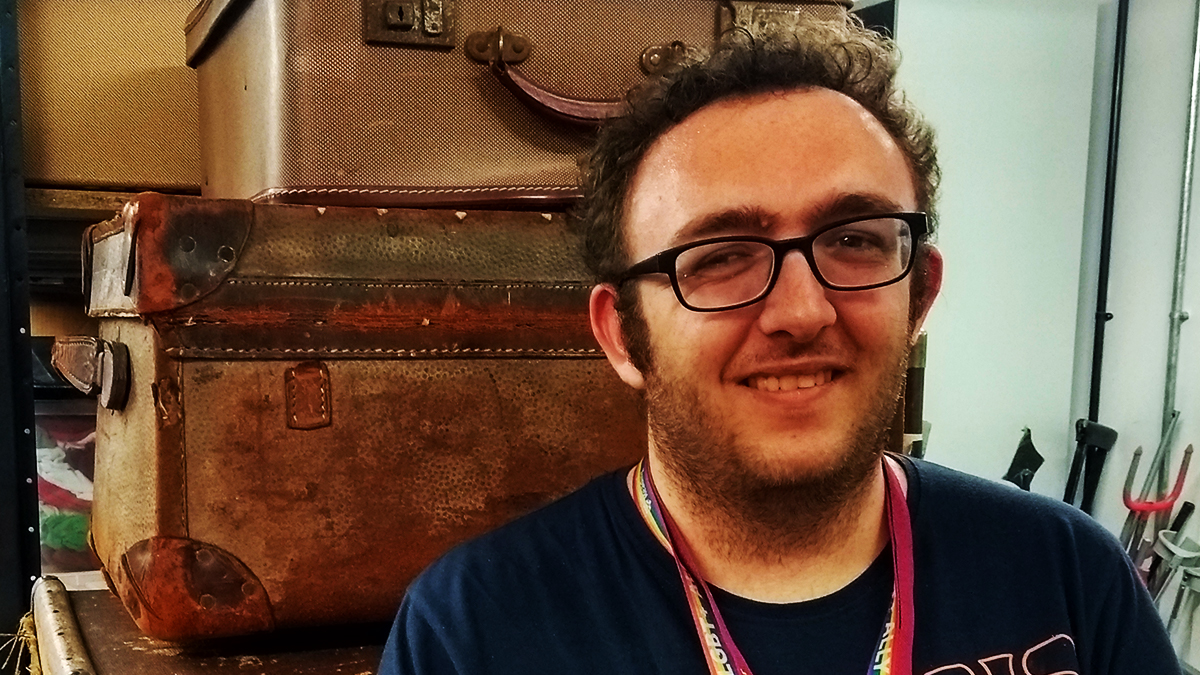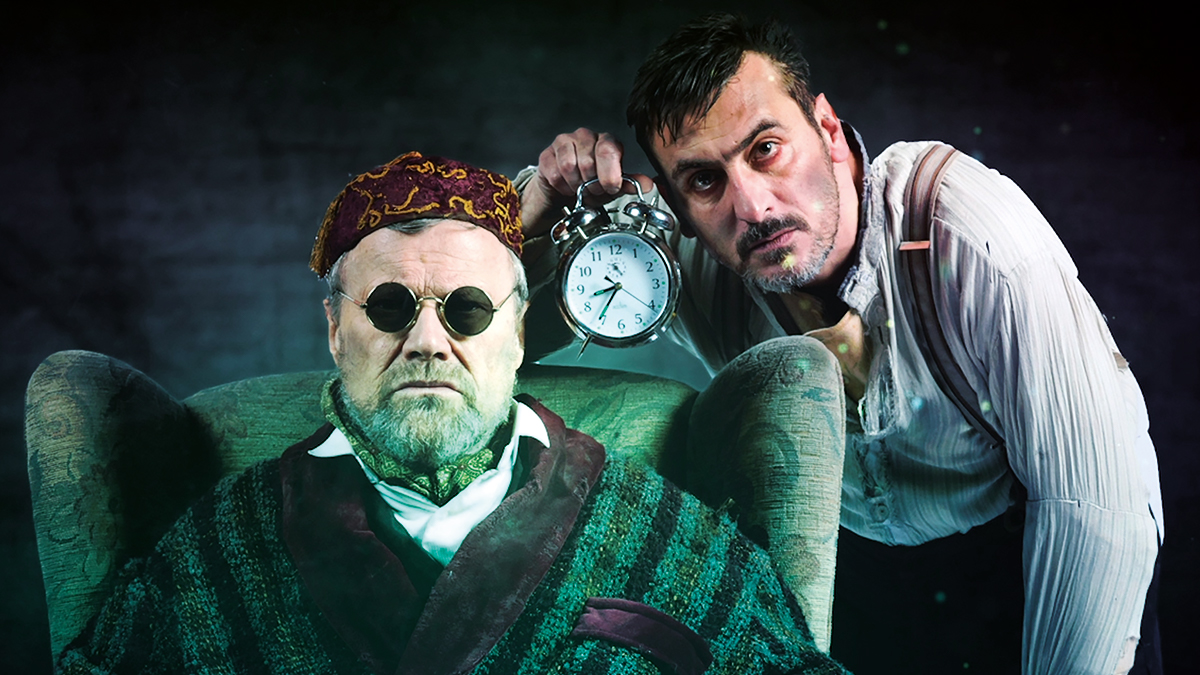John was drawn to the Department of Film, Theatre & Television because of its history of expertise in practice-based research.
He spends a lot of time working inside a studio theatre and using the facilities at Minghella Studios.
He is working with three different types of game: board games such as backgammon, party games such as Mafia, and puzzle games on television programmes such as The Crystal Maze. He is exploring these through collaborating with actors in workshop practice.
For example, in one research workshop he filmed actors playing a game of backgammon. He then asked the participants what feedback they thought would come from the game, and how this could be applied to performance.


